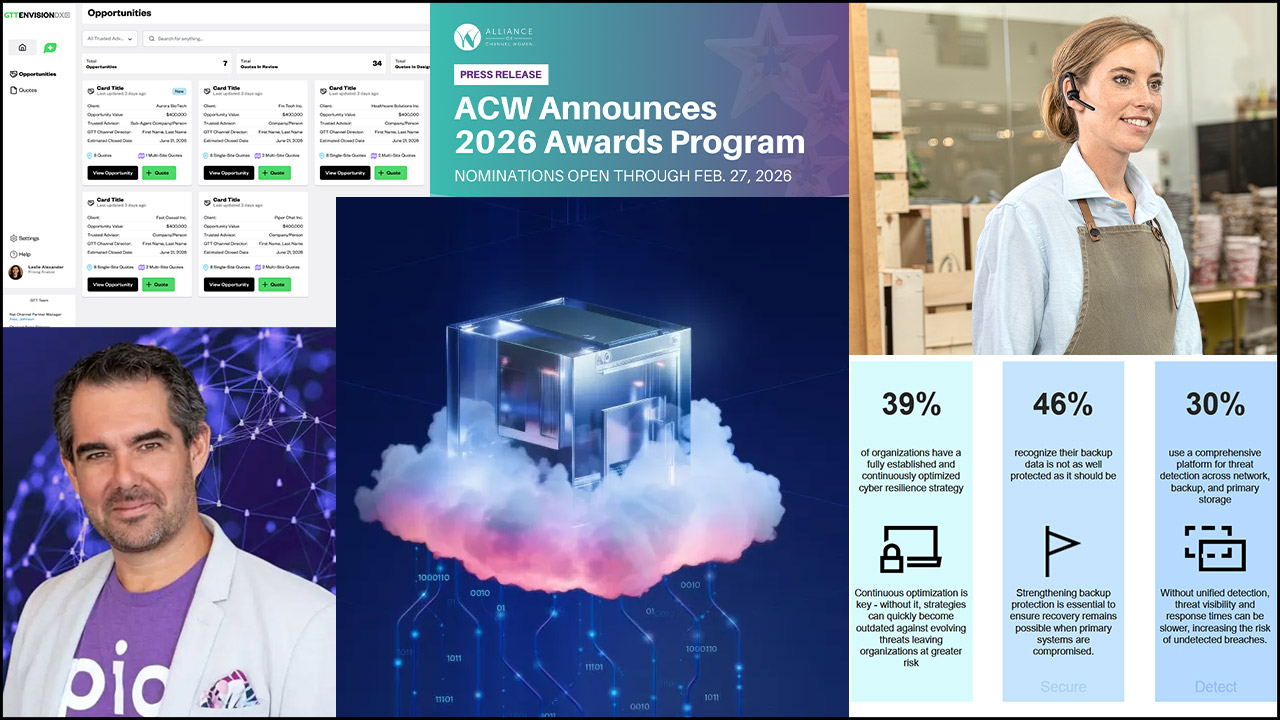Ingram Micro‘s cloud unit has integrated the revised rules and conditions associated with Microsoft’s New Commerce Experience (NCE) into its online marketplace for partners.
The rollout, quietly announced last week, follows years of patient effort, according to Victor Baez, senior vice president of Ingram Micro Cloud.
“It’s actually something that we’ve been working on since 2019 or so with Microsoft,” he says.
That’s when Microsoft first began introducing NCE, a new platform and set of policies for products in its cloud portfolio. Microsoft Azure was the first piece of that portfolio to migrate onto NCE, late in 2019. Microsoft 365, Microsoft Dynamics 365, Power Platform, and Windows 365 became available there to members of Microsoft’s Cloud Solution Provider (CSP) program as well this January, and NCE will be the only way to order new seats of those products beginning next month.
The marketplace updates Ingram officially launched last week, which follow earlier revisions introduced progressively since 2019, are designed to make transitioning to NCE “somewhat seamless” to resellers by incorporating all the new terms and conditions behind the scenes.
“This has been tested many different ways,” Baez says. “We expect some minimal adjustments to be made on the back end, but for the most part, it’s already business as usual.”
Partners can continue using legacy ordering procedures during the migration to NCE, he notes. Funding is available through Ingram’s financial services unit as well for end users who wish to buy an annual contract but are put off by the upfront price tag.
NCE has been, to put it mildly, controversial among channel pros from the start, and remains so. The program includes substantial pricing incentives aimed at prodding end users away from month-to-month subscriptions toward annual and multiyear contracts, but leaves resellers potentially on the financial hook for those agreements if customers back out mid-term. On the other hand, subscribers can no longer change their CSP of record before their contract renewal date.
“Customers can’t keep switching partners in the middle of a subscription period,” Baez notes.
Ingram has been preparing partners for this year’s NCE expansion for over a year, according to Baez.
“I think we’ve done now probably 20, 25 webinars in six different languages for tens of thousands of attendees,” he says. “We’re basically telling them not to leave it to the last minute, because that can be very challenging.”
Even partners who heeded that advice have found migrating to NCE difficult in many cases, Baez concedes. “There was a little bit of shock,” he says. “It’s a pretty significant change.”
NCE’s 72-hour cap on cancellations is a good example. In the past, users on annual contracts could cancel or modify those subscriptions any time without penalties or termination fees, a provision many businesses took advantage of to reduce licensing burdens during seasonal slowdowns, for example. Now buyers lose the right to cancel after three days. Even Ingram has had trouble adjusting to that rule.
“When somebody says 72 hours, that’s 72 hours according to which time zone?” he asks, noting that Ingram does business in every time zone on the planet.
Still, according to Baez, feedback from channel pros who’ve completed the lengthy process of educating themselves about NCE tend to view the program more favorably than those who are still figuring it out.
“As partners digested a little bit more and understood that in the long term, or even in the short term, it’s going to help them run their business a lot better, it’s been mostly positive,” he says of reseller feedback.
Improvements offered through NCE, Baez continues, include easier subscription and renewal processes, with features not available before. “You can schedule changes to a subscription right at the point of renewal,” he says, or set subscriptions to renew automatically.
Moreover, Baez adds, more offerings will become available through NCE in the future. “As Microsoft matures NCE, I think partners are going to have a much bigger product surface to play in, because NCE will become the partner engagement platform for all Microsoft business.”
Ingram will make further changes to its marketplace as that evolution unfolds, Baez says. “It’s a platform that’s going to grow tremendously and you’re always going to see us introducing new functionality, new features, to help make the process more fluid, more seamless, and to help partners upsell and expand their business with their existing customers.”













